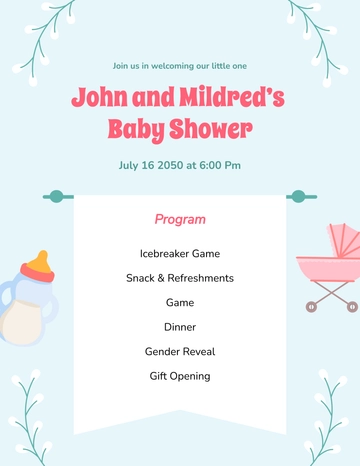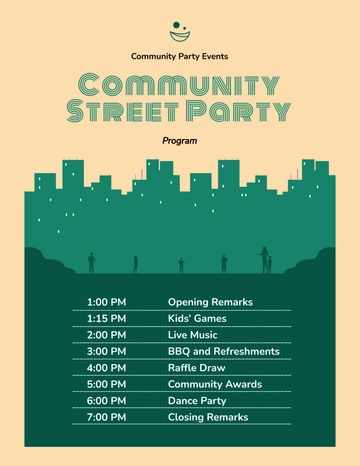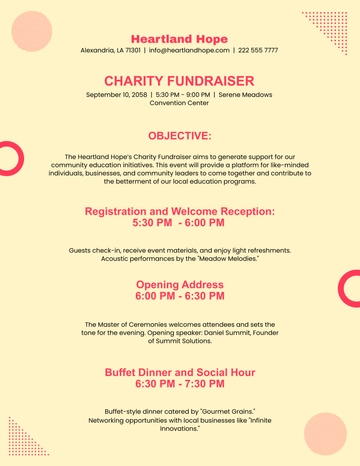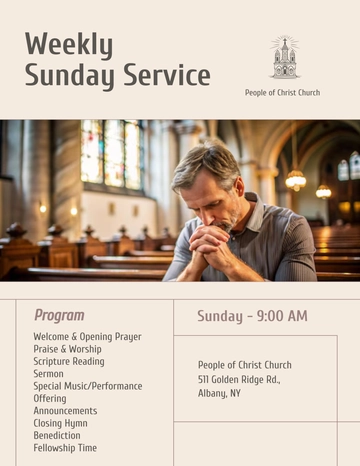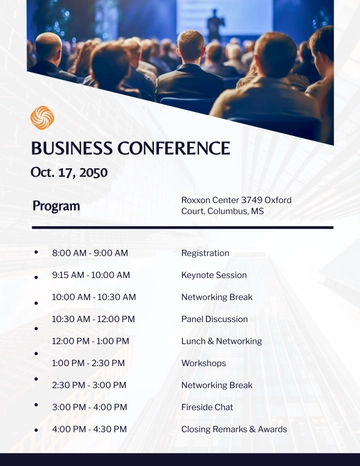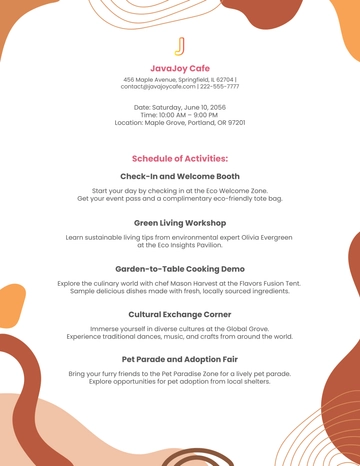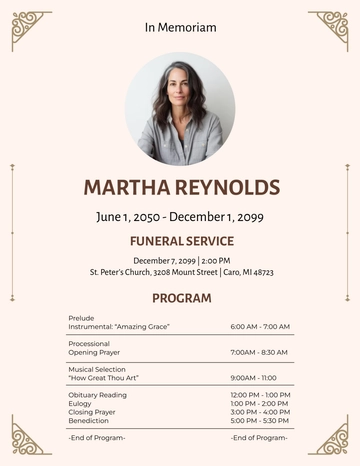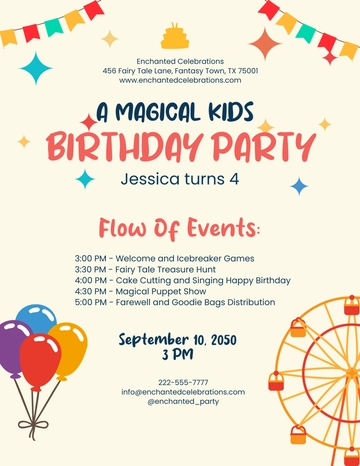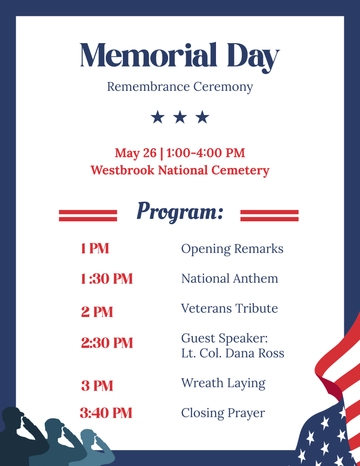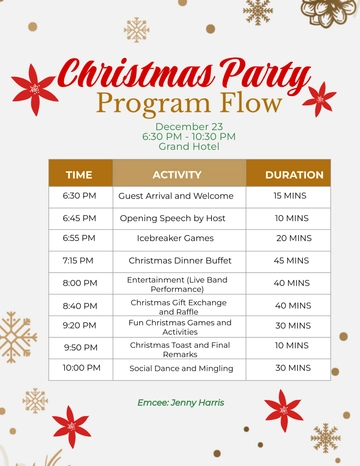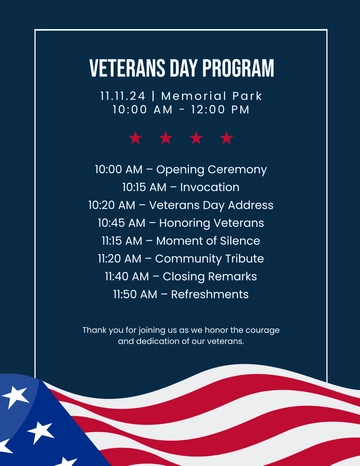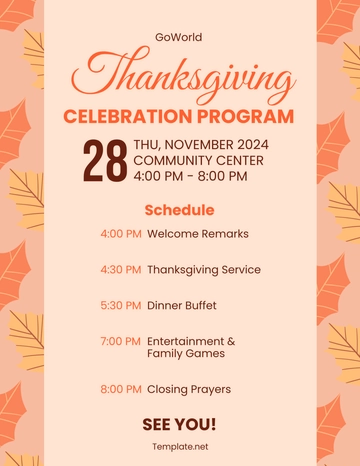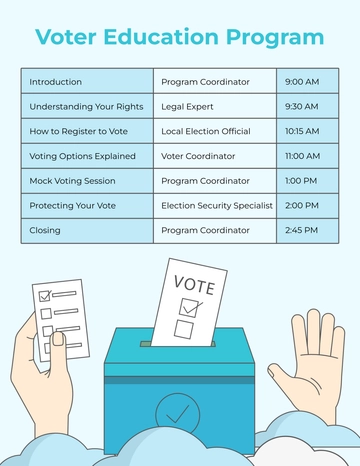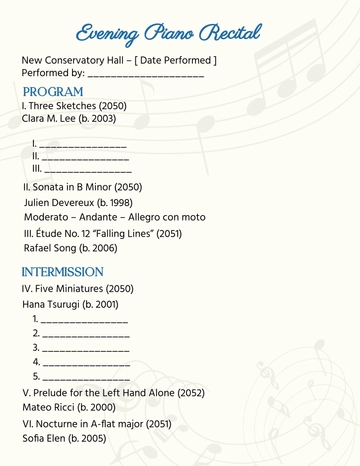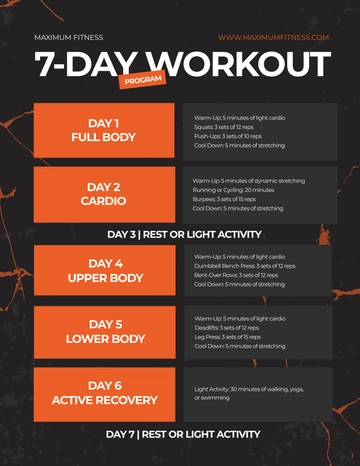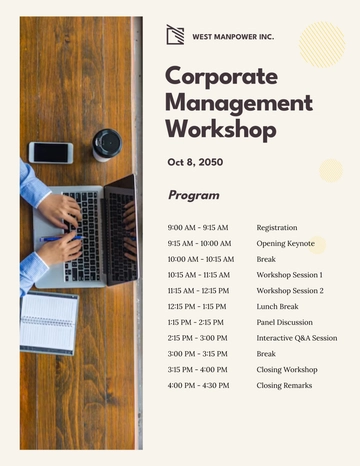Free Nursing Home Training Program
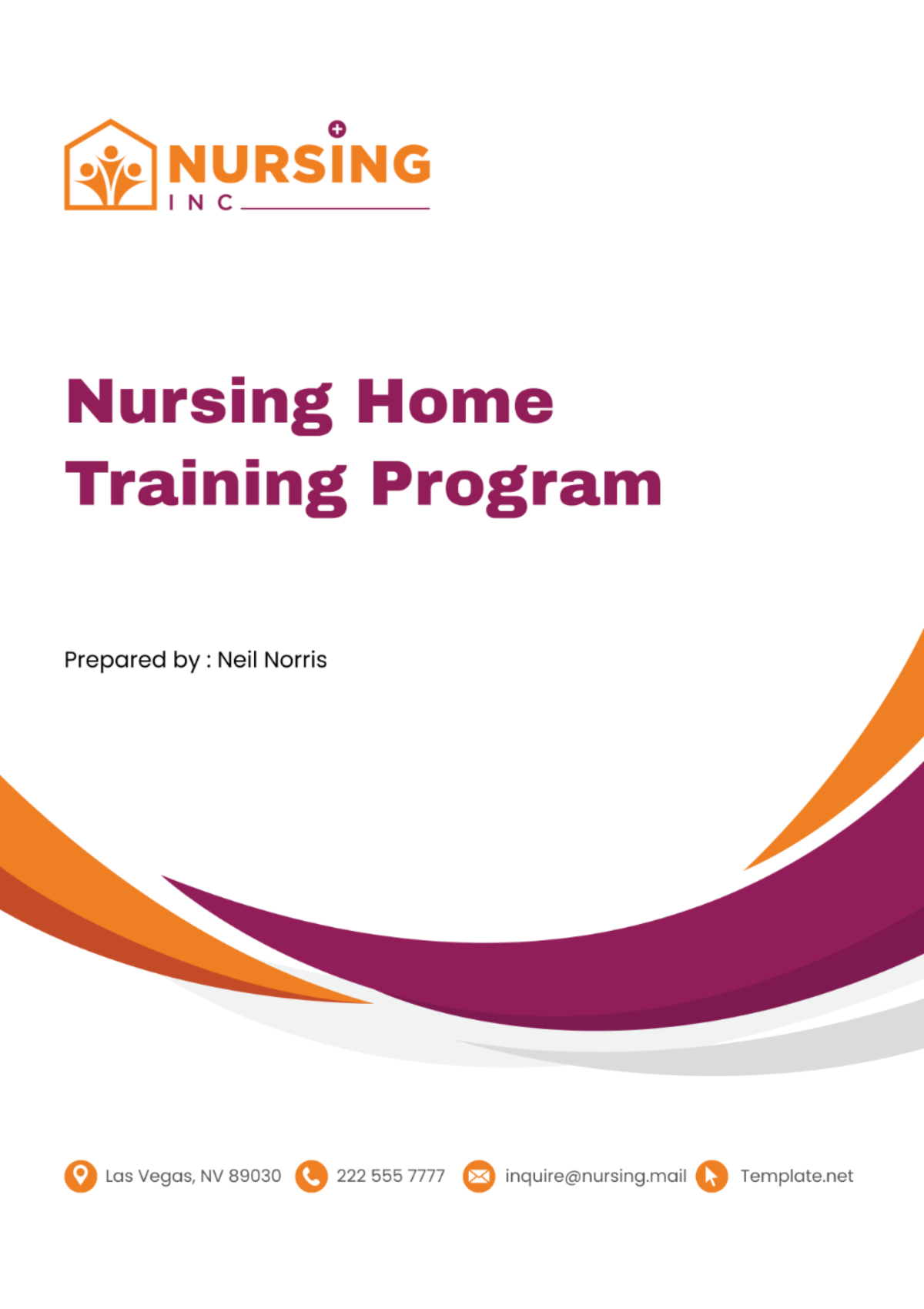
I. Introduction
A. Purpose of the Training Program
To Equip Staff: The primary purpose of this training program is to equip the staff of [Your Company Name] with the necessary skills and knowledge to provide high-quality care to our residents. This includes both technical skills, such as medication administration, and soft skills, such as communication and empathy.
To Promote Consistency: Through this program, we aim to promote consistency in the delivery of care across all staff members and shifts. This ensures that all residents receive the same high standard of care, regardless of when they require assistance.
To Foster Professional Growth: This program also serves as a platform for the professional growth of our staff, providing them with opportunities to learn and improve continuously. This not only enhances their skills but also increases their job satisfaction and engagement.
To Comply with Regulations: Lastly, this program ensures that [Your Company Name] complies with all relevant regulations and standards related to staff training in nursing homes. This helps us maintain our license to operate and avoid any potential legal issues.
To Enhance Resident Satisfaction: By ensuring our staff is well-trained, we aim to enhance the satisfaction and well-being of our residents. When staff are competent and confident in their roles, residents feel safer and more comfortable in their care.
B. Overview of [Your Company Name]
Our Mission: [Your Company Name] is committed to providing compassionate and high-quality care to our residents. Our mission is to enhance the quality of life of our residents and ensure their dignity and comfort at all times. We strive to create a home-like environment where residents feel loved and valued.
Our Team: We have a dedicated team of professionals who are passionate about elder care. Our team includes registered nurses, certified nursing assistants, therapists, social workers, and support staff. Each member of our team plays a crucial role in delivering the high standard of care that [Your Company Name] is known for.
Our Services: [Your Company Name] offers a range of services including long-term care, short-term rehabilitation, dementia care, and palliative care. We tailor our services to meet the unique needs of each resident, ensuring they receive the care and support they need to thrive.
Our Values: We value respect, compassion, integrity, and excellence in all that we do. These values guide our actions and decisions and are reflected in the care we provide to our residents.
C. Importance of Training in a Nursing Home Setting
Quality of Care: Training is crucial to ensure the quality of care provided to residents. It equips staff with the necessary skills to meet the unique needs of each resident. This includes understanding their medical conditions, knowing how to respond to emergencies, and being able to provide emotional support.
Safety: Training helps ensure the safety of both residents and staff by teaching best practices for infection control, emergency response, and safe handling of residents. This reduces the risk of accidents and injuries and helps create a safe environment for everyone in the nursing home.
Regulatory Compliance: Regular training is required to comply with state and federal regulations for nursing homes. This includes training on residents’ rights, abuse prevention, and confidentiality. By staying up-to-date with these regulations, we can ensure that we are providing care in a legal and ethical manner.
Staff Retention: Providing ongoing training and development opportunities can help improve staff satisfaction and retention. When staff feel valued and supported in their professional growth, they are more likely to stay with the organization.
Resident Satisfaction: Well-trained staff are more likely to provide care that meets residents’ needs and expectations, leading to higher resident satisfaction. This can improve residents’ quality of life and even their health outcomes.
Efficiency: Training can also improve efficiency by teaching staff how to use resources effectively and manage their time well. This can reduce waste and ensure that residents receive timely and effective care.
II. Training Modules
The training modules are designed to provide comprehensive knowledge and skills necessary for the staff to perform their duties effectively and efficiently. Each module focuses on a specific area of care and is designed to ensure that staff are well-equipped to meet the diverse needs of our residents. Here's an overview of the modules:
Module No. | Module Name | Description |
|---|---|---|
1 | Basic Care Skills | This module focuses on the fundamental care skills that every staff member in a nursing home needs to master. It covers personal hygiene assistance, mobility assistance, nutritional support, comfort care, and end-of-life care. |
2 | Medical Knowledge | This module provides staff with the medical knowledge they need to provide effective care to residents. It covers understanding common illnesses in elderly patients, medication administration and management, emergency response procedures, and infection control. |
3 | Interpersonal Skills | This module focuses on the interpersonal skills that staff need to effectively communicate and build relationships with residents and their families. It covers communication with elderly patients, dealing with difficult situations, working with family members, cultural sensitivity, and ethics in care. |
A. Module 1: Basic Care Skills
Personal Hygiene Assistance: This component covers the basics of assisting residents with personal hygiene. This includes bathing, grooming, oral care, and toileting. Staff will learn how to provide these services in a way that respects the dignity and privacy of the residents.
Mobility Assistance: This component focuses on techniques for assisting residents with mobility. This includes safe transfer techniques, use of mobility aids, and fall prevention strategies. Staff will also learn about the importance of encouraging physical activity for residents’ health and well-being.
Nutritional Support: This component covers the basics of nutrition for elderly residents. Staff will learn about common dietary needs and restrictions, how to assist with feeding, and how to monitor residents for signs of malnutrition or dehydration.
Comfort Care: This component teaches staff how to provide comfort care to residents. This includes managing pain, providing emotional support, and creating a comfortable environment.
End-of-Life Care: This component provides an overview of providing compassionate and respectful end-of-life care. Staff will learn about managing symptoms, providing emotional support to residents and their families, and respecting residents’ wishes and cultural practices.
B. Module 2: Medical Knowledge
Understanding Common Illnesses in Elderly Patients: This component covers common illnesses in elderly patients, such as dementia, heart disease, diabetes, and arthritis. Staff will learn about the symptoms, treatment options, and how to support residents with these conditions.
Medication Administration and Management: This component focuses on the safe administration and management of medication. Staff will learn about different types of medication, potential side effects, and how to monitor residents for adverse reactions.
Emergency Response Procedures: This component teaches staff how to respond to medical emergencies. This includes basic first aid, CPR, and how to use an AED. Staff will also learn about the importance of timely and accurate communication in emergency situations.
Infection Control: This component covers the basics of infection control in a nursing home setting. Staff will learn about common pathogens, how to prevent the spread of infection, and what to do in the event of an outbreak.
C. Module 3: Interpersonal Skills
Communication with Elderly Patients: This component focuses on effective communication with elderly patients. Staff will learn about common communication challenges, such as hearing loss and cognitive impairment, and strategies for overcoming these challenges.
Dealing with Difficult Situations: This component covers strategies for dealing with difficult situations, such as aggressive behavior or refusal of care. Staff will learn about de-escalation techniques, conflict resolution, and when to seek additional support.
Working with Family Members: This component teaches staff how to effectively communicate and collaborate with residents’ family members. This includes providing updates, addressing concerns, and involving family members in care planning.
Cultural Sensitivity: This component covers the basics of cultural sensitivity in a nursing home setting. Staff will learn about the importance of respecting residents’ cultural beliefs and practices, and how to provide culturally competent care.
Ethics in Care: This component provides an overview of ethical considerations in nursing home care. Staff will learn about residents’ rights, informed consent, confidentiality, and ethical decision-making.
These modules provide a comprehensive foundation for staff to provide high-quality care to residents. The following sections will cover the training schedule and how we evaluate and provide feedback on performance. We believe that through this program, we can ensure the highest standard of care for our residents at [Your Company Name].
III. Training Schedule
This training schedule is designed to provide a structured and systematic approach to learning. It outlines the sequence and timing of the training modules, ensuring that staff have adequate time to learn and practice new skills before moving on to the next module. Here’s an overview of the training schedule:
Phase | Week | Module |
|---|---|---|
Orientation | Week 1 | Introduction to [Your Company Name] and its Culture |
Tour of the Facility | ||
Introduction to the Team | ||
Core Training | Week 2-3 | Basic Care Skills |
Week 4-5 | Medical Knowledge | |
Week 6-7 | Interpersonal Skills | |
Ongoing Training | Monthly | Refresher Courses |
Annually | Recertification |
A. Orientation
The orientation phase is designed to help new staff members become familiar with [Your Company Name], our culture, our facility, and our team.
Introduction to [Your Company Name] and its Culture: In the first week, new staff members will learn about the mission, values, and culture of [Your Company Name]. This includes an overview of our services, our approach to care, and our expectations for staff behavior and performance.
Tour of the Facility: Also in the first week, new staff members will be given a tour of the facility. This includes an introduction to key areas such as resident rooms, dining areas, recreational areas, and medical facilities.
Introduction to the Team: Finally, new staff members will be introduced to their colleagues and supervisors. This includes an overview of roles and responsibilities, communication protocols, and teamwork expectations.
B. Core Training
The core training phase is where staff members will complete the three training modules: Basic Care Skills, Medical Knowledge, and Interpersonal Skills.
Week 2-3: Basic Care Skills: In the second and third weeks, staff members will complete the Basic Care Skills module. This includes practical training sessions where staff can practice new skills under the supervision of experienced trainers.
Week 4-5: Medical Knowledge: In the fourth and fifth weeks, staff members will complete the Medical Knowledge module. This includes both classroom-based learning and practical training sessions.
Week 6-7: Interpersonal Skills: In the sixth and seventh weeks, staff members will complete the Interpersonal Skills module. This includes role-play exercises and feedback sessions to help staff improve their communication and relationship-building skills.
C. Ongoing Training
The ongoing training phase ensures that staff continue to update and improve their skills after the completion of the core training.
Monthly Refresher Courses: Each month, staff will attend refresher courses on key topics from the core training modules. This helps ensure that staff skills remain up-to-date and that any changes in best practice or regulations are communicated and implemented.
Annual Recertification: Each year, staff will need to complete a recertification process. This includes a review of their performance, a written exam, and a practical assessment.
IV. Evaluation and Feedback
Evaluation and feedback are integral parts of the training program. They help ensure that the training is effective and that staff are able to apply what they have learned in their roles. Now, we will outline our approach to evaluation and feedback:
A. Regular Performance Reviews
Regular performance reviews are an important part of ensuring that staff are meeting the expectations of their roles and are continuing to grow and develop professionally.
Initial Assessment: At the end of the training program, each staff member will undergo an initial assessment to evaluate their understanding and application of the skills and knowledge gained during the training.
Quarterly Reviews: Every quarter, supervisors will conduct performance reviews with each staff member. These reviews will focus on the staff member’s performance, areas of strength, and areas for improvement.
Annual Reviews: Once a year, a comprehensive performance review will be conducted. This review will include feedback from colleagues and residents, and will be used to identify opportunities for further training and professional development.
Feedback Sessions: After each review, the supervisor will have a feedback session with the staff member to discuss the results of the review and plan for future development.
Performance Improvement Plans: If a staff member is found to be underperforming during a review, a performance improvement plan will be developed. This plan will outline specific goals for the staff member and provide support and resources to help them improve.
B. Feedback Mechanisms
Feedback mechanisms are used to gather input from staff and residents about the training program and the quality of care provided at the nursing home.
Staff Surveys: Regular surveys will be conducted to gather feedback from staff about the training program, working conditions, and any other issues or concerns they may have.
Resident Surveys: Residents will also be surveyed regularly to gather feedback about the quality of care they receive. This feedback will be used to identify areas for improvement in the training program.
Suggestion Box: A suggestion box will be available for staff and residents to anonymously submit feedback and suggestions at any time.
Feedback Meetings: Regular meetings will be held where staff can provide feedback and discuss issues or concerns. These meetings will be an open forum for discussion and problem-solving.
C. Continuous Improvement
Continuous improvement is a key principle of our training program. We believe that there is always room for improvement and we are committed to continually improving our training program and our care practices.
Training Program Updates: The training program will be updated regularly based on feedback from staff and residents, changes in best practices, and new research findings.
Staff Development Opportunities: We will provide ongoing opportunities for staff to further develop their skills and knowledge, such as workshops, seminars, and further education opportunities.
Quality Improvement Projects: Staff will be encouraged to participate in quality improvement projects, such as developing new care protocols, improving communication practices, or implementing new technologies.
Best Practice Guidelines: We will stay up-to-date with the latest best practice guidelines and ensure that these are incorporated into our training program and care practices.
Outcome Monitoring: We will regularly monitor outcomes, such as resident satisfaction and health outcomes, to evaluate the effectiveness of our training program and care practices.
V. Conclusion
In conclusion, the Nursing Home Training Program at [Your Company Name] is a comprehensive and systematic program designed to equip our staff with the skills and knowledge they need to provide high-quality care to our residents. Through a combination of theoretical learning, practical training, regular evaluation, and continuous improvement, we aim to ensure that our staff are confident, competent, and compassionate in their roles.
We believe that our staff are our most valuable asset, and we are committed to supporting them in their professional growth and development. We understand that the quality of our care is directly related to the quality of our training, and we are committed to providing a training program that reflects the latest research and best practices in elder care.
We look forward to seeing the positive impact of this training program on our staff and residents, and we are excited about the future of [Your Company Name]. Thank you for your commitment to quality care and continuous learning!
- 100% Customizable, free editor
- Access 1 Million+ Templates, photo’s & graphics
- Download or share as a template
- Click and replace photos, graphics, text, backgrounds
- Resize, crop, AI write & more
- Access advanced editor
Elevate staff skills with the Nursing Home Training Program Template from Template.net! This editable and customizable solution offers a structured framework for implementing training programs for nursing home staff. Tailor training programs to meet specific learning objectives and needs, ensuring high-quality care and service delivery with our AI Editor Tool!

